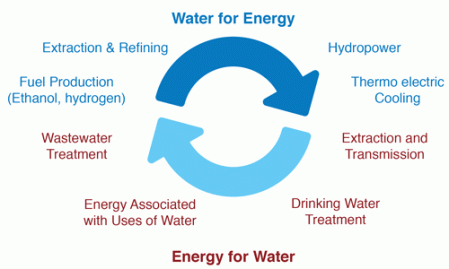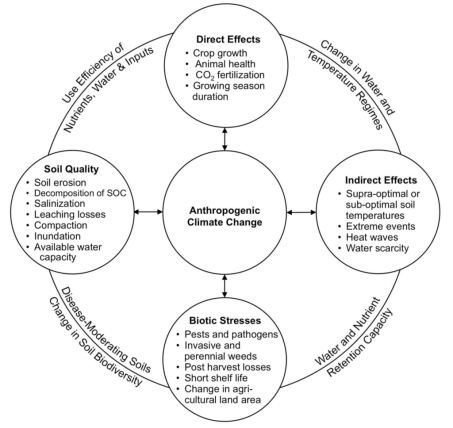This is my first post on a technical topic on my personal blog. The post is in continuation with couple of discussions i had recently with some passionate practitioners of Sustainability.
The discussion started at National institute of Technology , Surathkal last month. I had been there to deliver a talk on “Sustainable Engineering, Opportunities and Challenges”. I spoke in general about social entrepreneurship models, engineering , water issues and solutions, Solar energy and some economics . Post my talk, a few students wanted to know more about why i think water and energy have to be discussed in parallel and how do these fit in the overall context of Climate Change and sustainability.
Though i could give convincing answers to the students, i thought, i must write something succinctly to be able to myself appreciate the idea better. Hence this post.
Disclaimer: Most of the material of this post is taken from a journal published by “Centre for United Nations”
As Population increase, demands on finite water resources and energy services threaten to push the limits of what our environment can sustain. Another compelling reason to pay heed to the water-energy nexus is climate change, which may result in significant alterations to precipitation patterns, with all that implies for altered water availability and the power derived from water.
“The Energy problem is actually a water problem”. Water and energy also affect food security and hence there is Water -Energy – Food Nexus.
United Nations Water asserts in the World Water Development report 2014, ” Water , Energy and food are inextricably linked….The global community is well aware of food, energy and water challenges , but has so far addressed them in isolation,” There are many synergies and trade-offs between water and energy use and food production. Here are some examples from the report ;
- Using water to irrigate crops can promote food production but it also reduce river flows and hydropower potential.
- Growing bioenergy crops under irrigated agriculture can increase overall water withdrawals and jeopardize food security.
- Converting surface irrigation into high-efficiency pressurized irrigation may save water but may result in higher energy use.
Recognizing these synergies and balancing these trade-offs is central to jointly ensuring water,energy and food security.
The world Business Council for Sustainable Development (WBCSD) notes on its portal ,”There is an intrinsic link between the challenge we face to ensure water security and other global issues, most notably climate change and the need to sustainably manage the world’s rapidly growing demand for energy and food.
Humanity needs to feed more people with less water , in a context of Climate Change and growing energy demand, while maintaining healthy ecosystems. ”
The FAO outlines the global challenge posed by the nexus
- The situation is expected to be exacerbated in the near future as 60% more food will need to be produced in order to feed the world population in 2050.
- Global energy consumption is projected to grow by up to 50% by 2035
- Total global water withdrawals for irrigation are projected to increase by 20 to 25% by 2050 (May be much more)(emphasis added).


No comments:
Post a Comment